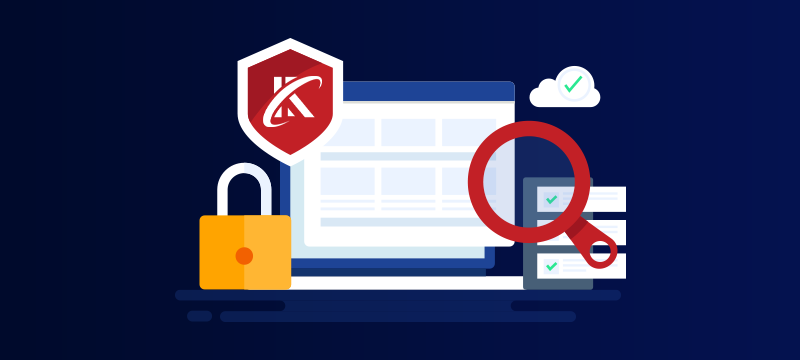Did you know that 86 percent of websites have at least one serious security flaw, the 2015 Website Security Statistics report suggests? Nearly 55 percent of retail and healthcare sites are vulnerable all of the time.
Depending on the manner in which it has been developed and the types of data that you work with, your website could be subjected to a range of security risks. It’s imperative to protect your product and the sensitive data that customers share with you. To accomplish those goals, you’ll simply need to implement a few strategies for boosting website security.
- Update Your Software Frequently
If you’re using a platform like WordPress for website development, you’ll have to make sure that you have the latest version installed. The same applies to plugins and design templates. Security risks evolve all the time. This is why developers change software frequently, giving it adequate protection against the newest threats. If you’re negligent about making those upgrades, chances are that you’re giving hackers amazing opportunities to attack. The use of old software is often called a security hole. This is one of the simplest mistakes that can cost you a lot. Anyone that relies on third-party software rather than a custom development will need to dedicate enough time to doing the necessary upgrades on a regular basis. - Scan the Website for Threats
Even if you’re using high quality security tools, chances are that your website is still vulnerable in one way or another. Scheduling regular website scans will be essential for identifying threats and choosing the right course of action. Numerous products have been developed for the purpose of website scanning but needless to say, these products aren’t created equal. MTvScan is one example of a high quality product that will protect a website against a vast range of threats – malware, cross-site scripting attacks, hack attacks, injections and various others. The tool comes with automatic update scheduling and the potential to scan unlimited numbers of pages. Also, consider choosing a quality anti-spam filter. If you have a business email under the same domain, you should most definitely opt for effective spam protection that goes beyond what your email program comes equipped with. - Some of the Simplest Tricks are Most Efficient – Strong Passwords
What’s the admin panel username and password? Did you know that many hackers can use this administrative entry point to “highjack” your website? One of the simplest things you can do to boost the security of your website is choose a strong password. It should include letters, numbers, and special characters. Change the username from admin to something a bit more specific, as well. Get in the habit of changing the password every few months. If several individuals have access to the admin panel, assign different roles and make sure that everyone has a unique password. - SSL Security
Depending on the types of data that your website handles, you may want to consider the addition of an SSL certificate, a must for websites that deal with personal data or process payments. - Regular Backups
Even if you’re meticulous about website security, there’s still some risk of experiencing problems. Sometimes, having your website infected with malware or suffering a hacker attack will leave you with just one opportunity – restoring the pages through the use of a backed up website version. Schedule regular website backups. If you haven’t saved all of the data, there’s some risk of losing a lot of important information after suffering a cyber attack. Scheduling a backup every two weeks or at least once per month will reduce the risk of having to deal with such serious data losses. - Get Rid of Obsolete Software or Add-ons
Each third-party piece of software installed on your website poses a certain security risk. If you’re no longer using a plugin or an add-on, make sure that these are completely removed. This is particularly important for websites running under WordPress. Unused modules or having the website packed with unverified third-party software will leave numerous security holes that experienced hackers will know how to use. In addition, software that’s not being used is less likely to get updated frequently. Maintaining website security doesn’t have to be complicated. Buying a few quality scanning products, making sure that everything’s up to date and doing regular backups will often be sufficient to decrease the risk. Still, you may want to have your current website thoroughly evaluated.
This is particularly important for ecommerce websites and platforms that enable users to upload data. Once the weaknesses have been identified, it will be much easier to boost the security of the online project.

